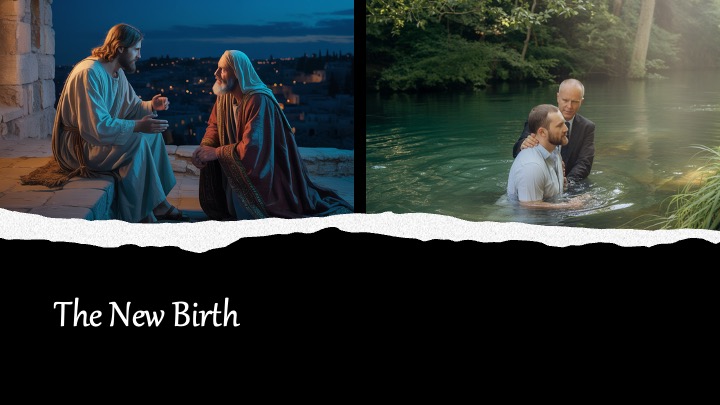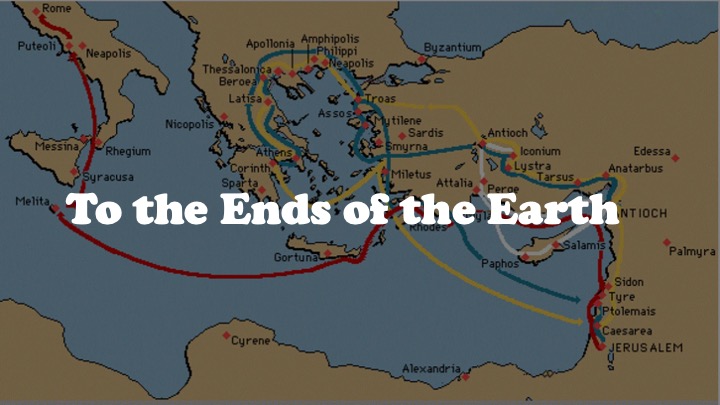In Part 2 of “The Disciple Whom Jesus Loves,” the apostle John recalls his early life in Capernaum, where daily routines of fishing with his father and studying Torah at the synagogue were shaped by quiet longing for the promised Messiah. The familiar rhythm of casting nets and mending them was interrupted when rumors spread of a fiery prophet preaching repentance in the wilderness. Drawn by the stirring of their spirits, John and his brother James left their boats to see John the Baptist by the Jordan River. There, amid crowds and baptisms, John the Baptist cried out for repentance and declared the nearness of God’s kingdom.
As the Baptist preaches and baptizes, his intensity builds into a rousing musical number, “Prepare the Way of the Lord,” warning Israel of judgment and calling for true repentance. When questioned by the Pharisees, John clarifies that he is not the Messiah but merely prepares the way for someone greater. Then, as Jesus approaches the river, the Baptist is overcome with reverence. Jesus requests baptism, and though John hesitates, he submits. As Jesus emerges from the water, divine affirmation comes in the form of a descending dove and a voice from heaven: “This is My Son, I’m pleased with you.” In awe, John the Baptist leads a powerful anthem, “Now Behold the Lamb,” proclaiming Jesus as the one foretold—the Lamb of God who takes away the sins of the world.
Witnessing this moment, young John and Andrew are shaken. They know they have just encountered the Messiah. Though loyal to John the Baptist, they are urged by him to follow Jesus instead. Elder John reflects on this turning point, remembering the exact words spoken, the hour of the day, and the sacred intimacy of that first encounter. When they asked where Jesus was staying, He simply replied, “Come and see”—a call that would change their lives forever.

In today’s episode, we shift from the communal nature of the Church to the deeply personal question: How does one become a part of...

In Jesus’ farewell message to his disciples before the Ascension, He says this in Acts 1:8, “But you will receive power when the Holy...

Today is Day 2 in our series: 30 days to a Happy New You. Haggai 1:5-7, “Now, therefore, thus says the LORD of hosts:...